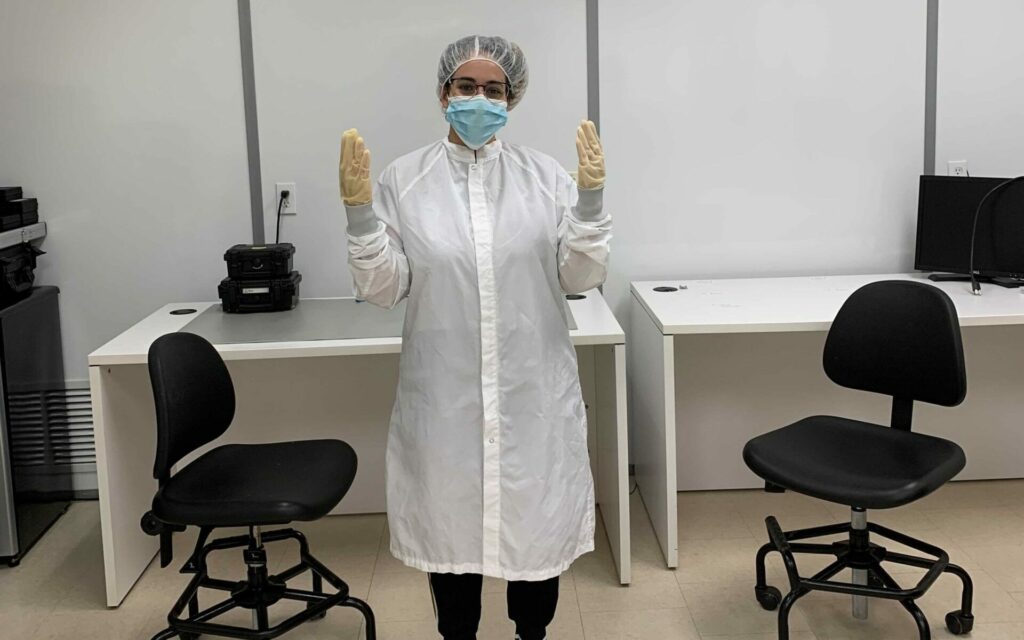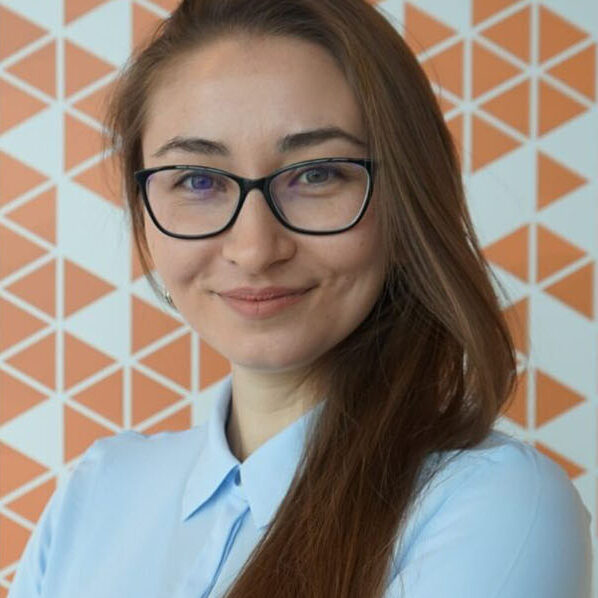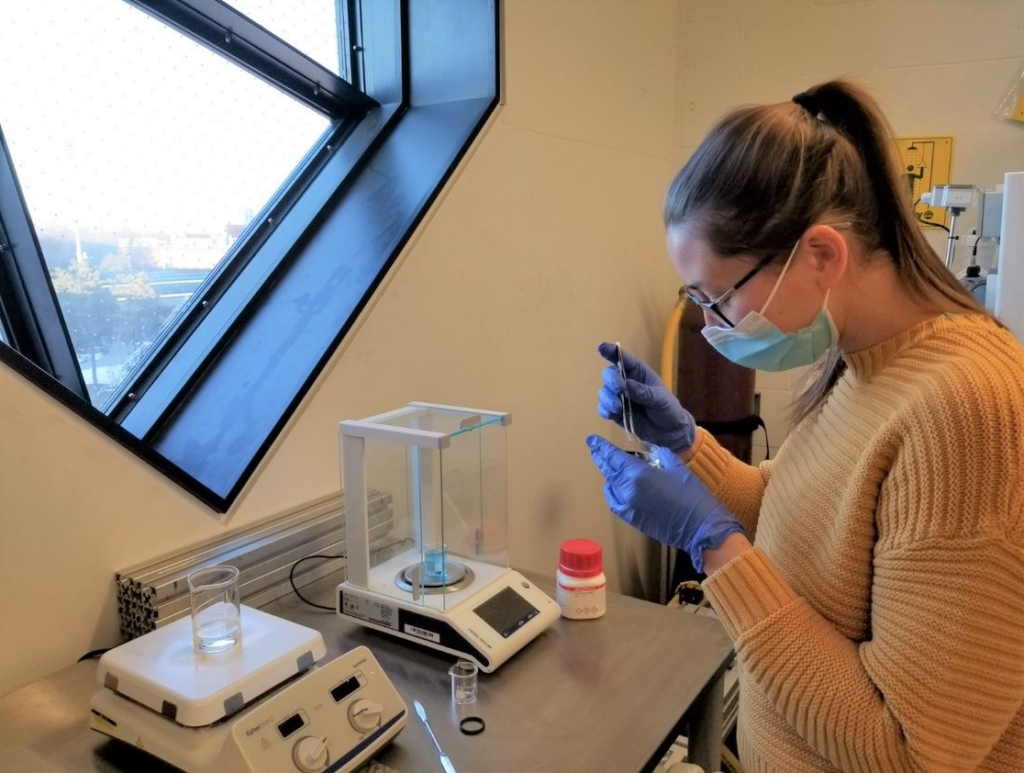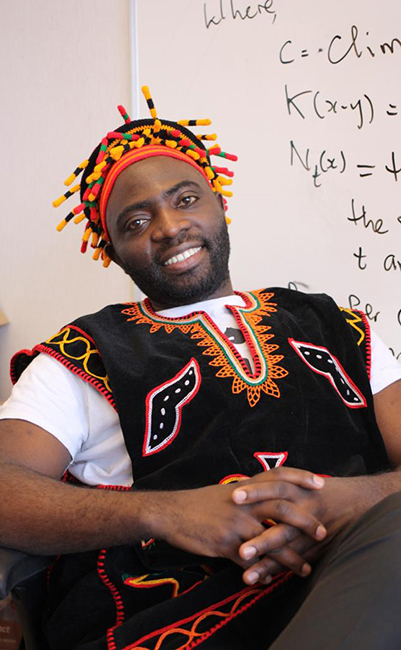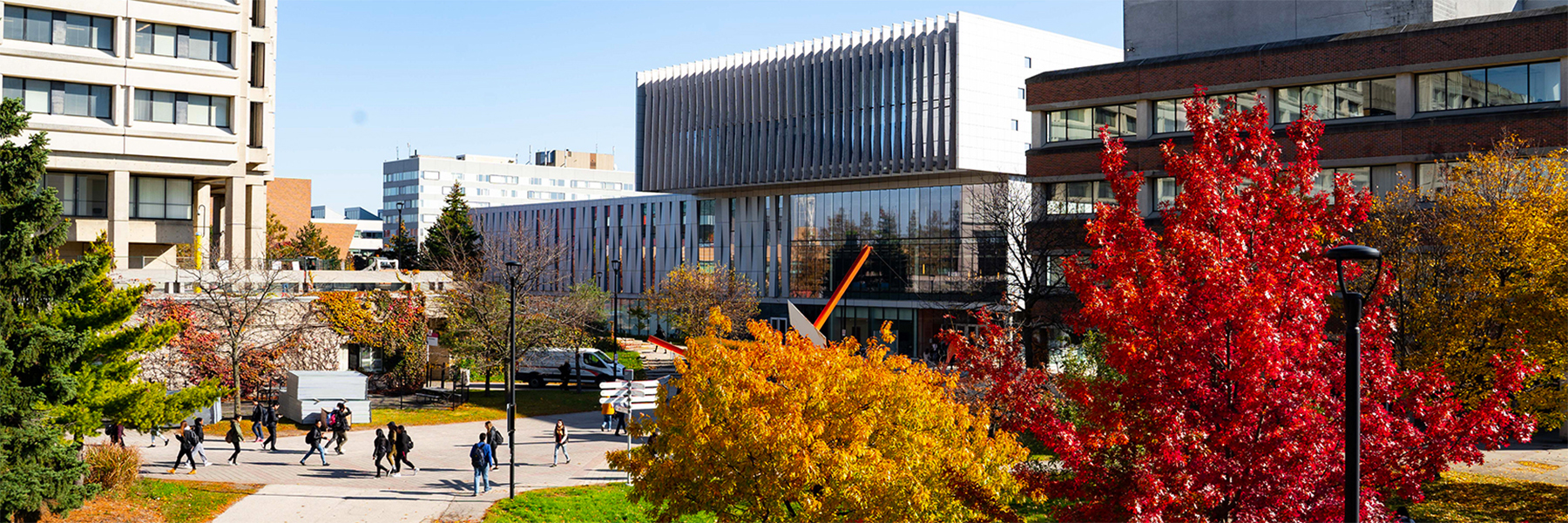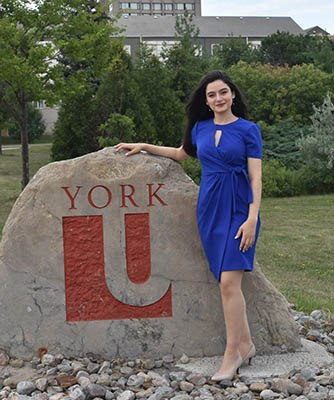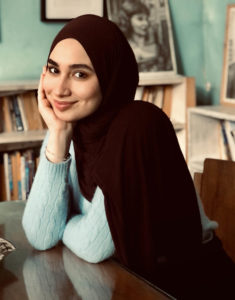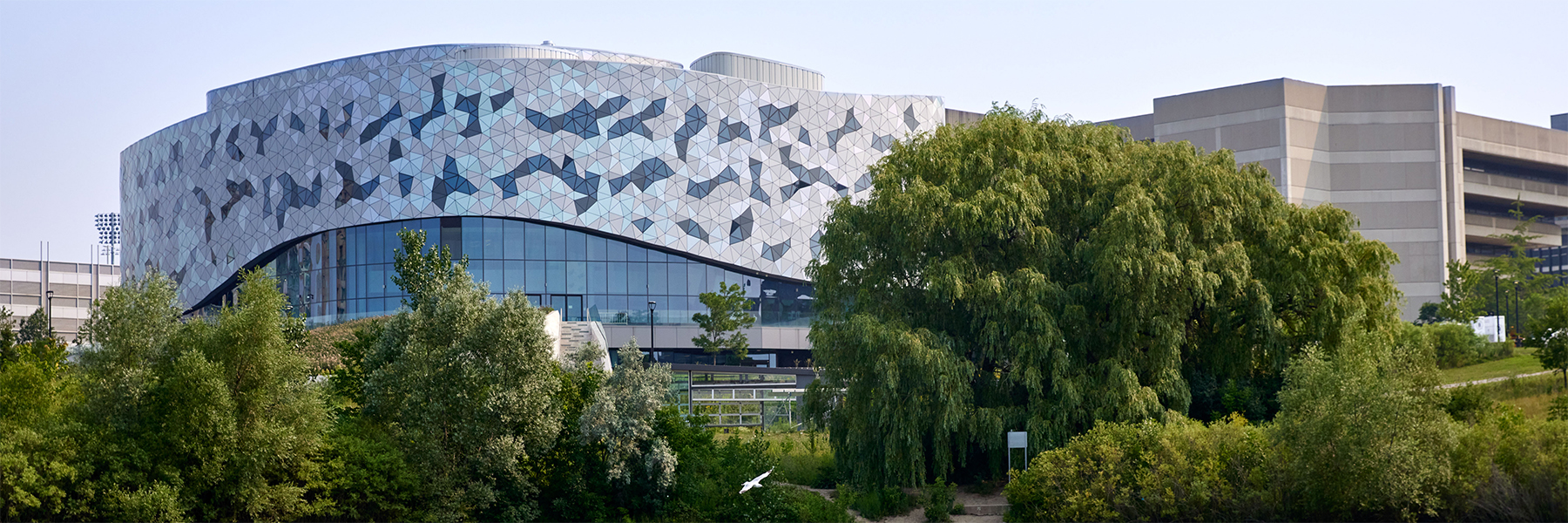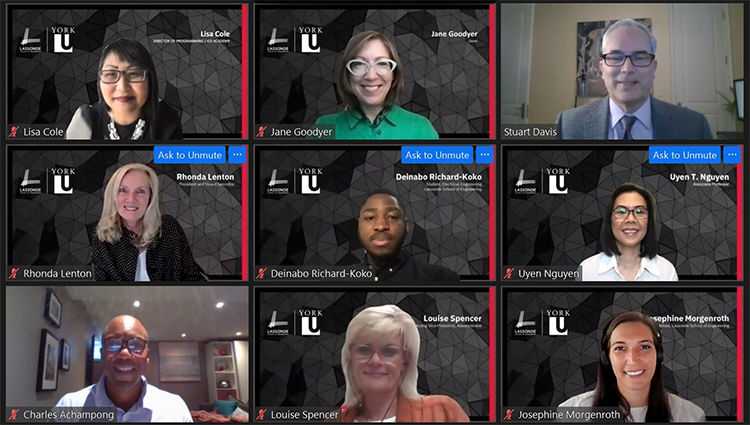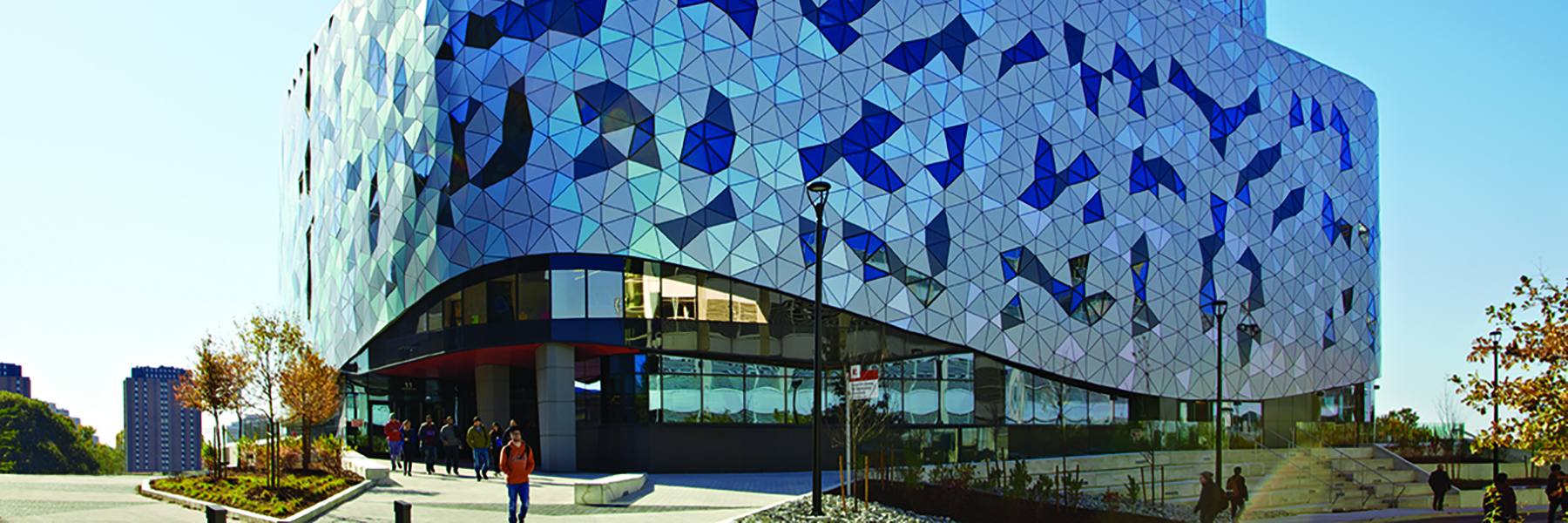University Professor Dawn Bazely in the Faculty of Science joins the ranks of illustrious Canadians like Nobel Laureate John Charles Polanyi and astronaut Chris Hadfield as the recipient of the 2022 Sandford Fleming Medal for excellence in science communication from the Royal Canadian Institute for Science (RCIScience).
The selection committee was unanimous in its decision, noting Bazely’s impressive, diverse range of activities as a science communicator and activist for more than 30 years.
“Dr. Bazely is an advocate of science in Canada, a champion for women in STEM, marginalized and low-income students, and a promoter of listening to and learning from Indigenous knowledge and wisdom,” said nominator Robert Tsushima, Chair of the Department of Biology at York University. “Her science communication has been thoroughly 21st century – bold and innovative, and meeting the public where they are rather than expecting the public to come to her. Dr. Bazely takes advantage of all forms of communication platforms to disseminate her message on science, environmental policies, discrimination, and social justice. Her science communication reaches a global audience.”
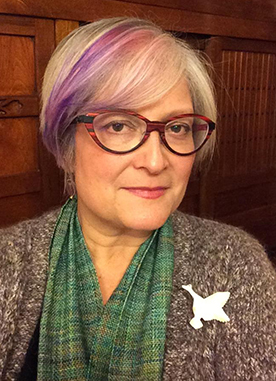
Nominator Professor Shoshanah Jacobs (University of Guelph), said that “Dr. Bazely has made a career-long commitment to excellence in science communication. Her leadership, advocacy, and expertise have been behind so many important initiatives. She is a champion of access to science knowledge and fierce leader in evidence-informed policy making.”
Bazely joined York University’s Biology department in 1990 and has since established an exceptional international reputation for her excellence in teaching, research and science outreach. She has given dozens of media interviews and appeared online on panels, interviews and documentaries speaking about her own ecological research and also as an expert commentator on a wide range of science and science-policy issues. She has also advocated for improved policy to make science more inclusive, learning how to be strategic in this from colleagues in the social sciences and humanities.
In addition to her undergraduate teaching and graduate supervision duties, Bazely has organized more than 30 public science events and training workshops nationally and internationally and participated in and supported many more public science events organized by colleagues and early career researchers. She has mentored more than 20 early careers scientists who have gone on to professional careers in science communication and science policy. She was also a co-founder of the Seneca College Science Communication Summer Institute.
Bazely is sought after by academics from outside of science as a collaborator in interdisciplinary projects. Most recently she worked with colleagues in history and botany interested in the impacts that women and members of other equity-seeking groups have made in science. She is often consulted by policymakers from diverse sectors ranging from conservation biology to ecotourism and climate change adaptation.
Her accolades include the Minister of Colleges and Universities’ Award of Excellence in the Future-Proofing Students Category, multiple teaching awards from York University and its Faculty of Science, a President’s Sustainability Leadership Award, and recognition by The Globe and Mail as York University’s “Hotshot Prof.”
“Professor Bazely represents a truly interdisciplinary researcher committed to knowledge translation and public engagement” said Rui Wang, dean of the Faculty of Science at York. “She is an award-winning teacher at the Faculty and University level and a highly regarded expert and leader in science communications – regularly pursuing knowledge mobilization activities and networking on climate change, global sustainability, environmental protection, and public engagement. She is most deserving of this prestigious award. Congratulations Professor Dr. Bazely!”
A public event to honour Bazely’s contributions will be held virtually on Jan. 24, when she will sit down with previous Fleming Medalist and beloved Canadian science communicator Jay Ingram.
RCIScience was established in 1849 by Sir Sandford Fleming and provides a platform for public engagement with leading scientists, to foster critical thinking, expand science dialogue and promote informed decision making. It has been awarding the Sandford Fleming Medal and Citation annually since 1982 to an individual working in Canada who has made outstanding contributions to science communication.





